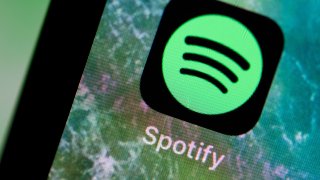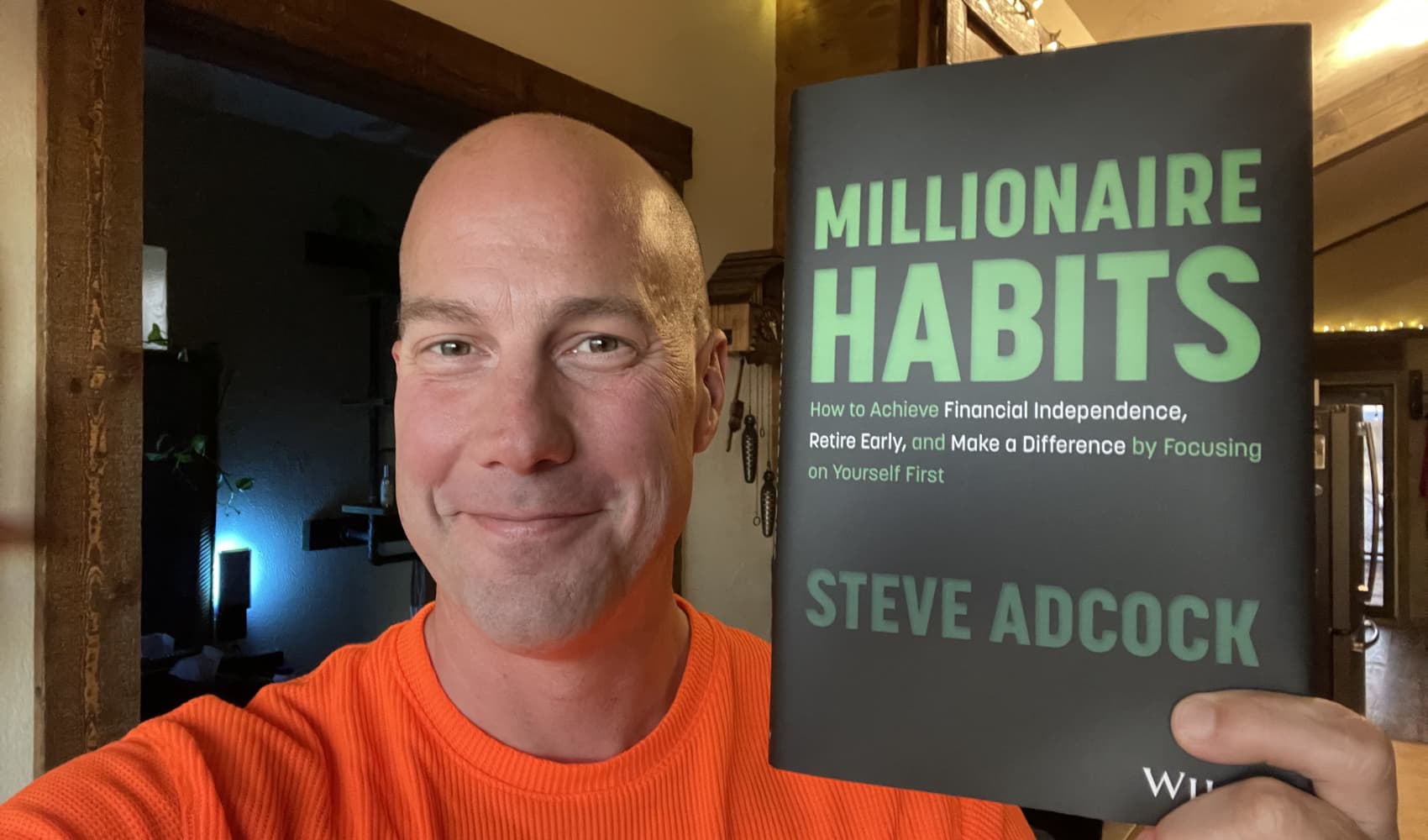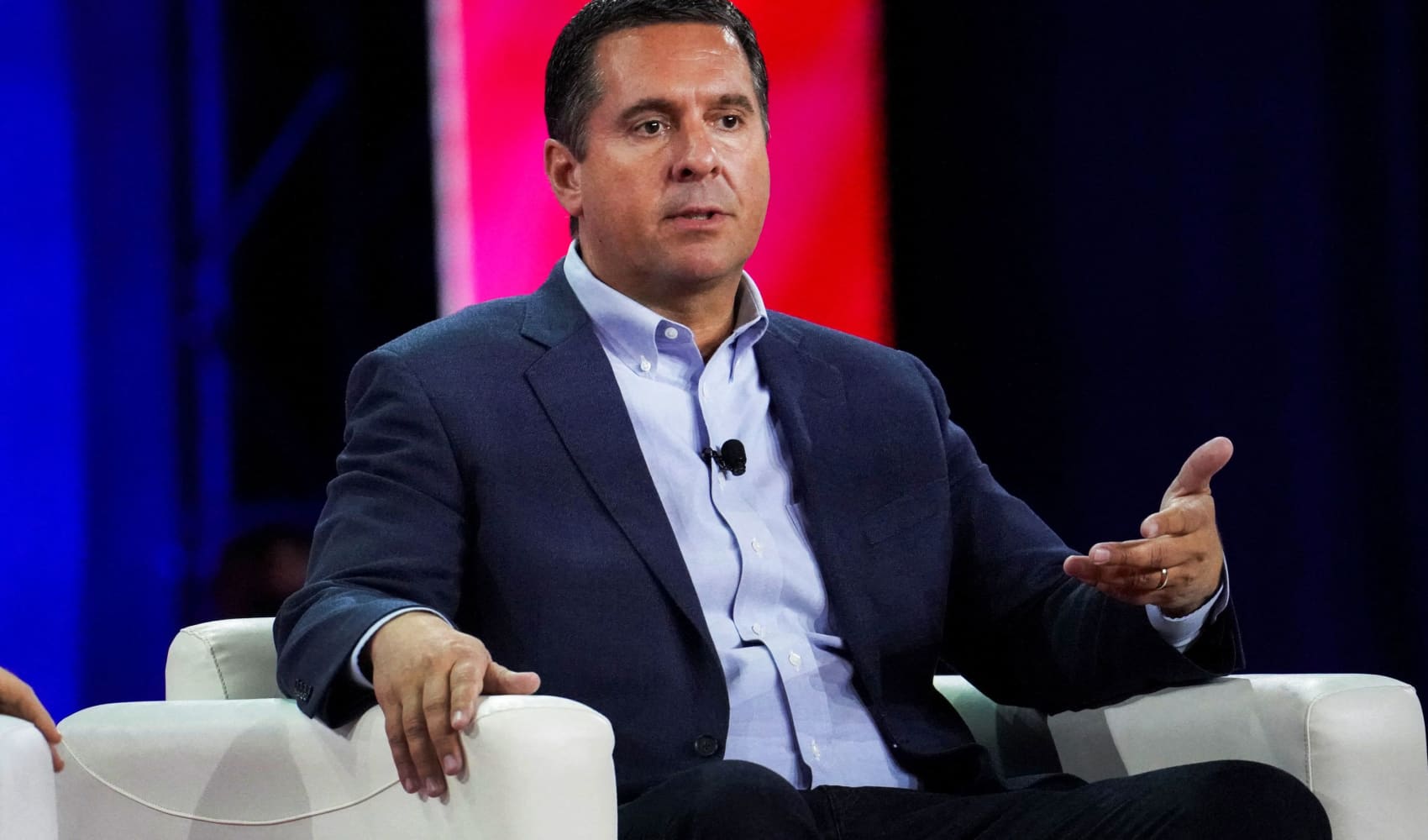
- One big phenomenon during the pandemic of 2020 has been the rise in digital audio as millions of listeners of all ages turn to online music and podcasts to get them through their darkest times.
- Spotify has been a company that has reaped the rewards of this paradigm shift.
- Beyond streaming music, Spotify now has a library with over 2 million podcasts on its platform in different languages that span interests ranging from comics and politics to sports.
One big phenomenon during the pandemic of 2020 has been the rise in digital audio as millions of listeners of all ages turn to online music and podcasts to get them through their darkest times. Spotify has been a company that has reaped the rewards of this paradigm shift.
Leading the charge is Spotify's chief content and advertising business officer Dawn Ostroff, who has been busy building the company's podcast library and advertising streams globally. Beyond streaming music, Spotify now has a library with over 2 million podcasts on its platform in different languages that span interests ranging from comics and politics to sports.
"Our goal is to be No. 1 in podcasts," Ostroff said while speaking at CNBC Evolve's Transforming Media livestream event on Thursday. "We want to assemble the best talent under our roof."
It's no wonder she has been credited with starting an arms in race in the podcast content field after snaring such high-profile celebrities as former President Barack Obama, former First Lady Michelle Obama, the Kardashians and Joe Rogan. Rogan's show, The Joe Rogan Experience, launched more than a decade ago, has built a massive and loyal following. It's one of the most popular podcasts, ranking at the top of the charts on major podcasting services from Apple and Google.
The talent chase
Barack Obama and Michelle Obama have signed a multiyear deal to produce podcasts exclusively for Spotify, through their media company Higher Ground Productions.
Money Report
Spotify's partnership deals have also moved the needle, including the one it has developed with DC Comics that will allow it to make narrative shows and sell ads around DC Comics characters, like Batman and Harley Quinn.
Less celebrated but no less important are Spotify's wooing of influencers to podcast and to do so using Spotify's tools and distribution.
"It's been easier than one might think to convince talent to join this new horizon that we are building," Ostroff said. "They realize podcast is the next big medium in media. Young and old people are all migrating to this space."
This has been good news for Spotify as podcasts have been key to converting people to its paid subscription model, Ostroff noted.
An acquisition spree
According to Ostroff, the company has spent the last year strengthening its business through acquisition. "We have been building the business in a very strategic way," she said.
In November, the company acquired ad tech company Megaphone in a $235 million deal. Megaphone offers technology for podcast publishers and advertisers seeking targeted slots on podcasts. It offers podcast hosting, distribution and ad-insertion tools for podcast publishers like ESPN and The Wall Street Journal, and advertisers can use the company's technology to find audiences across the podcast content of those publishers.
That follows a string of deals. In February, Spotify acquired the sports and entertainment news company The Ringer. Last year, it acquired Gimlet Media and Anchor for a total of about $340 million. It also bought Parcast for about $55 million.
After it announced The Ringer deal, Spotify CEO Daniel Ek told investors the company would continue to invest in the podcast space and sees the format as a path for growth at the company, which has to pay most of its revenue back to the music labels it licenses music from.
"In order for us to continue our growth and our trajectory, we knew we wanted to broaden out what being an audio network really means," said Ostroff.
Advertising is one way to accomplish that, according to Ostroff, while she also noted the great decline in TV and a rise in digital. "When advertisers looking to find a younger audience this is the perfect place. It's also allows advertisers to have a more intimate relationship with the user, and that is something they appreciate and respect."
Ostroff sees a big opportunity in advertising for building revenue, noting advertisers like the data analytics on users Spotify can provide. "There are so many ways the podcast business can continue to change and grow. There are so many creators in the space now. The key is staying in lockstep or a few steps ahead of your customers so you can constantly pivot and stay relevant delivering the content they want."






